How to kill harmful insects while, keeping bees
victorb17
11 years ago
Related Stories
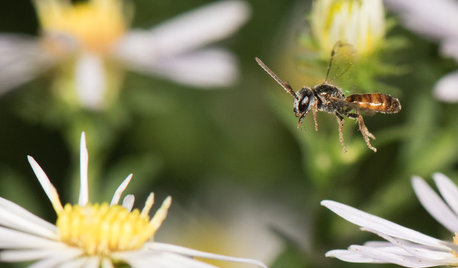
GARDENING GUIDESThis Tiny, Gentle Bee Keeps Busy
Look closely for small sweat bees visiting your flowers throughout the growing season
Full Story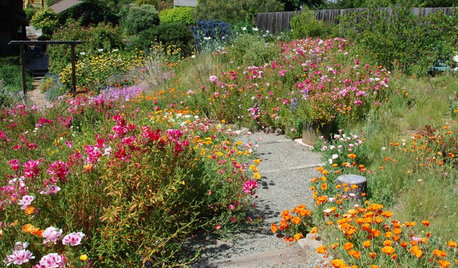
EARTH DAYHow to Design a Garden for Native Bees
Create a garden that not only looks beautiful but also nurtures native bees — and helps other wildlife in the process
Full Story
GARDENING FOR BUTTERFLIESGardening for the Bees, and Why It’s a Good Thing
When you discover how hard bees work for our food supply, you may never garden without them in mind again
Full Story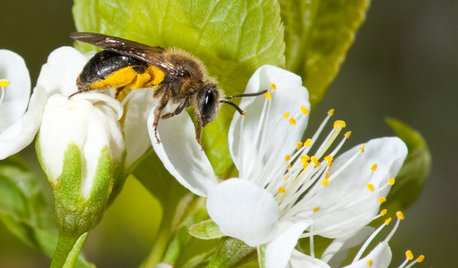
GARDENING GUIDESInvite Mining Bees to Your Garden by Planting Their Favorite Plants
Look for mining bees (Andrena) pollinating woodland wildflowers in U.S. gardens this spring
Full Story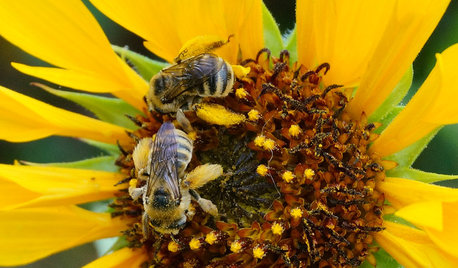
EARTH DAY12 Entertaining ‘Bee-haviors’ of Native Bees
The parade of pollinator antics is another reason to create a garden that nurtures native bees
Full Story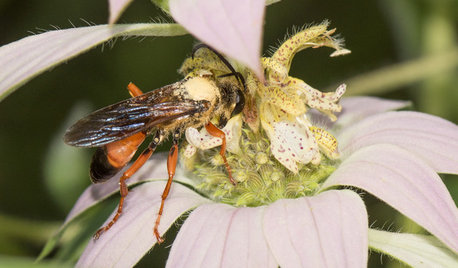
GARDENING GUIDESGreat Golden Digger Wasp: A Beneficial Flower-Visiting Insect
Introducing the great golden digger wasp, a colorful pollinator that also hunts foliage-eating insects
Full Story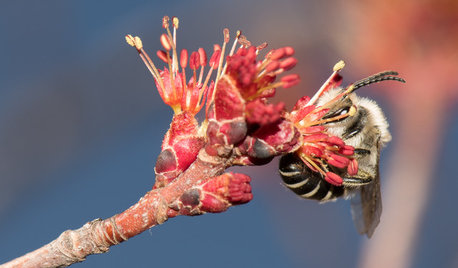
GARDENING GUIDESInvite Cellophane Bees to Your Garden by Providing Patches of Bare Soil
Look for cellophane bees (Colletes) pollinating flowering trees and shrubs in U.S. gardens this spring
Full Story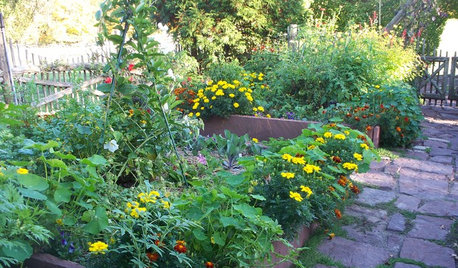
GARDENING GUIDESOrganic Matters: Thwart Insect Pests With Trap Crops
Add a few sacrificial plants to your garden to lure insects away from the harvest
Full Story
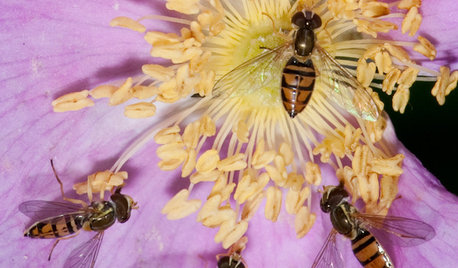
GARDENING GUIDESThis Fly Is One of the Most Beneficial Insects Around
Meet the syrphid fly, a colorful pollinator that also beats chemicals for controlling aphids and other garden pests
Full StoryMore Discussions







digdirt2
lgteacher
Related Professionals
West Milford Landscape Architects & Landscape Designers · McKinney Landscape Contractors · Wilmington Landscape Contractors · Ashburn Landscape Contractors · Darien Landscape Contractors · East Patchogue Landscape Contractors · Elmhurst Landscape Contractors · Eureka Landscape Contractors · Fort Payne Landscape Contractors · Lake Zurich Landscape Contractors · Selden Landscape Contractors · Siloam Springs Landscape Contractors · Sun City Center Landscape Contractors · Vacaville Landscape Contractors · Aurora Driveway Installation & Maintenancesunnibel7 Md 7
victorb17Original Author
Deborah-SC
foolishpleasure
hcoon
digdirt2
victorb17Original Author
digdirt2
sunnibel7 Md 7
zeedman Zone 5 Wisconsin
wolverine1012
zzackey
gingertopjoan
cindy_ga
zzackey
zeedman Zone 5 Wisconsin
squirrelwhispererpup
danzeb
daninthedirt (USDA 9a, HZ9, CentTX, Sunset z30, Cfa)
nc_crn
ndnlady60
zzackey
gingertopjoan
NilaJones